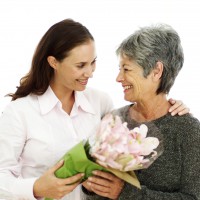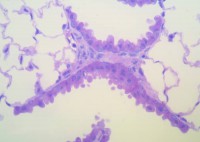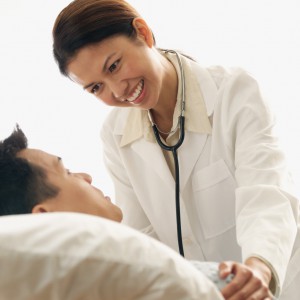
When learning that a friend has cancer, most people will offer to help. But as heartfelt as their friend’s offer of aid may be, cancer patients are often reluctant to call and ask for help. A friend’s vague offer of “Let me know if there’s anything I can do to help” may be heartfelt; but it’s a hollow promise if not backed by action.
The best way to help a friend with cancer is to consider the type of help you can realistically provide. This will allow you to make a specific offer of help; such as: ”I can shop for groceries on Tuesday evening” or “I’m free on Fridays to drive you to chemo.” Then follow through by calling a few days beforehand to pick up her grocery list or get her chemo appointment on your calendar. By specifically defining your offer to help, you reassure your friend that accepting your offer will not place an uncomfortable burden on your other responsibilities and allow her to accept your offer without guilt.
If you want to help a friend with cancer, offer to do things that will make life easier for your friend or will make life feel more normal for her family. Consider these additional ways to help:
• Take children to music lessons and soccer practices
• Babysit young children one or two mornings or afternoons a week
• Pick up prescriptions
• Mow the lawn, rake leaves, shovel snow or weed the garden
• Send over a prepared dinner • Help your friend research alternative cancer treatment centers.
Next time: More ways to help friends with cancer



